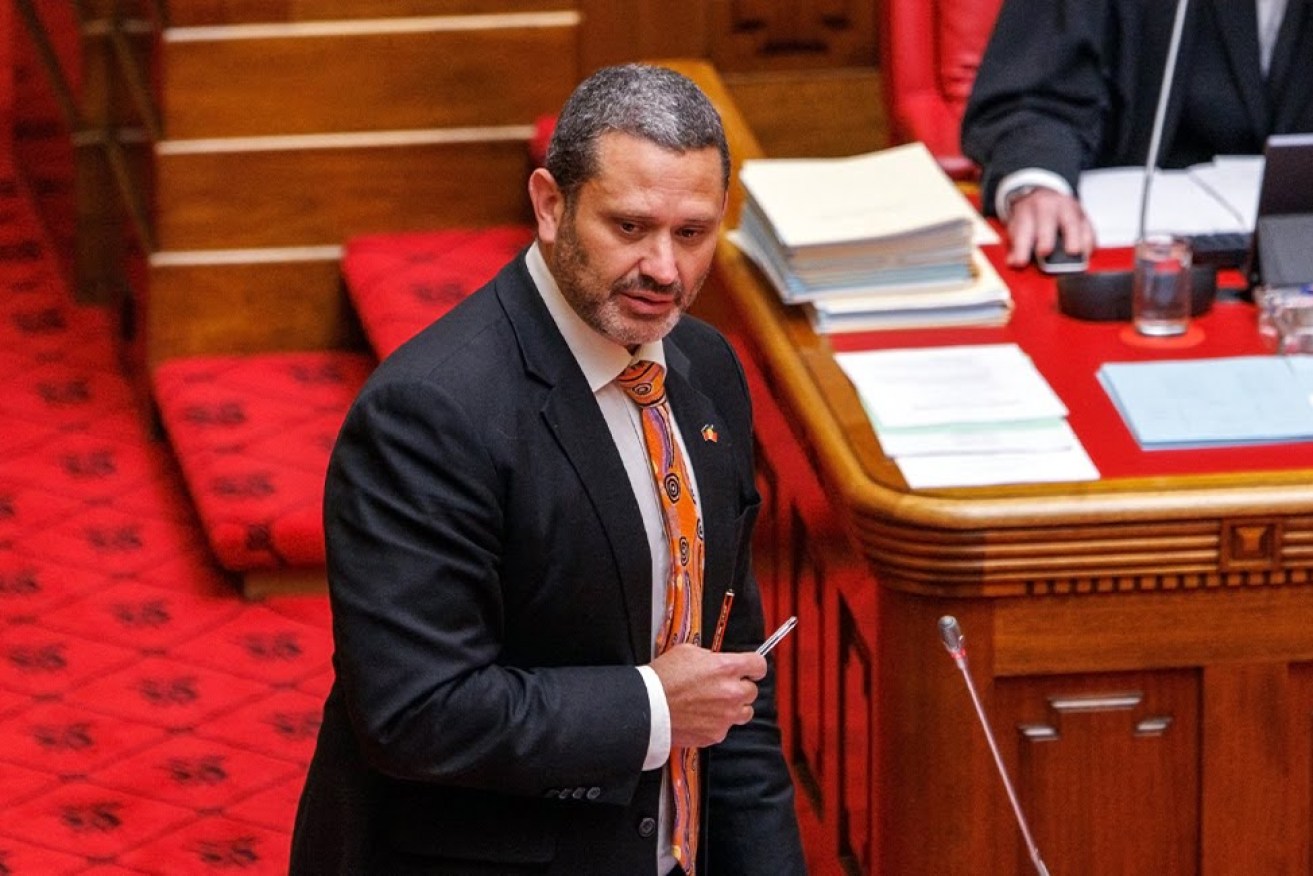New laws to target Snowtown murders accomplice
Legislation to extend the definition of a high-risk offender will today be introduced to state parliament ahead of the scheduled release on parole of Snowtown murders accomplice Mark Ray Haydon.


Attorney-General Kyam Maher says the Snowtown murders are "burned into the psyche of all South Australians". Photo: Tony Lewis/InDaily
State Cabinet yesterday approved the amendment bill to the High Risk Offenders Act to include anyone convicted of assisting an offender, or impeding an investigation relating to a serious sexual or violent offence.
Under the Act, applications can be made for extended supervision orders to be placed upon convicted felons once they have been released from jail.
Currently the Act only applies to people imprisoned after being convicted of a serious sexual or violent offence, or terror suspects, but not those who assisted in a serious offence or impeded an investigation.
Mark Ray Haydon has served an 18 year non-parole period and 25 year sentence after being convicted of assisting the Snowtown killers. He is scheduled to be released on parole in May.
Attorney-General Kyam Maher said Haydon’s impending release had “shone a spotlight” on the gap in the law.
“This is one of those cases that I think burned into the psyche of all South Australians,” Maher told ABC Radio Adelaide.
“Mark Haydon was sentenced to 25 years…for assisting after the offence occurred. If he’d served his full sentence without getting parole, on the 20th of May it is possible he could’ve been released from jail without any conditions placed upon him.”
Maher said that the legislation was not drafted purely to impose conditions on Haydon, but that he was “keen to make sure the court can decide if there should be further conditions” once his sentence is complete.
Under the proposed changes, the Supreme Court would still hold the power to decide, upon hearing submissions from all parties, whether additional supervisory conditions should be imposed.
Barrister and former Civil Liberties Council chair Claire O’Connor said the proposed law changes were “absolutely reasonable”.
“Serious offences [are] already subject to an application being able to be made to the court under the act, all that the attorney is proposing is to add one further category of offending,” she said.
O’Connor said the ability to apply for extended supervision orders under the act “probably does” undermine the principle of serving a sentence and being freed, but said it was a balanced law.
“It was done with a view to making sure that there’s a balance between the risk that someone who is a risk to the community still poses…and the risk of breaching someone’s human rights,” she said.
“This is not our parliament… stepping in and interfering with what the court has done and imposing a piece of legislation designed to make sure that someone doesn’t get released. This is our parliament saying ‘we’re going to leave it to the parole board and the courts’, which are the appropriate places for these things to occur.
“Mr Haydon or any other offender who falls into this category can be heard… the arbiter of what will occur is a judge. And I think that’s a completely appropriate way to handle these sorts of things.”
Maher said the bill would enter the Lower House today and he expected it to pass quickly.




